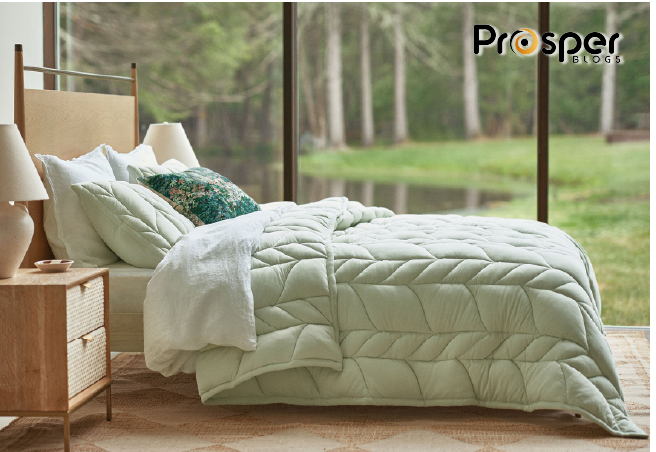
Choosing the Right Pet for Your Lifestyle: A Comprehensive Guide
Introduction:
Welcoming a new pet into your life is a joyful and rewarding experience. However, the decision to bring a pet into your home requires careful consideration to ensure a harmonious match with your lifestyle. Whether you are a first-time pet owner or looking to expand your furry family, this comprehensive guide will walk you through the essential factors to consider when choosing the right pet for your unique lifestyle.
Understanding Your Lifestyle:
The first step in finding the perfect pet companion is a deep understanding of your own lifestyle. Consider factors such as your daily routine, activity level, living space, and personal preferences. Are you an active outdoor enthusiast, or do you prefer a quiet evening at home? Do you have a bustling household with children, or are you a solo dweller seeking companionship? Assessing your lifestyle will help narrow down the types of pets that would thrive in your environment.
Researching Different Pet Types:
Pets come in various shapes, sizes, and temperaments. Dogs, cats, birds, reptiles, small mammals, and fish each have their unique characteristics and care requirements. Researching different pet types is crucial to finding a match that aligns with your lifestyle. Consider factors such as space requirements, exercise needs, grooming demands, and the time commitment involved in caring for each type of pet.
Compatibility with Your Living Situation:
Your living situation plays a significant role in determining the type of pet that suits you best. If you reside in a small apartment, a smaller pet like a cat or a small dog may be more suitable. Larger homes with outdoor spaces might accommodate medium to large dogs or even multiple pets. Additionally, some pets, such as certain bird species or reptiles, may require specialized enclosures. Assessing the compatibility of your living situation with the needs of potential pets is essential for a harmonious coexistence.
Consideration for Allergies and Sensitivities:
It's crucial to consider any allergies or sensitivities you or your family members may have when choosing a pet. Some individuals may be allergic to pet dander, certain types of fur, or bird feathers. Spend time around different animals before making a decision to gauge potential allergic reactions. Additionally, be mindful of any pre-existing health conditions that may be exacerbated by pet ownership.
Time Commitment:
Pets, much like any relationship, require time and attention. Consider your daily schedule and evaluate the time you can dedicate to feeding, grooming, exercising, and playing with your potential pet. Dogs, for instance, are social animals that thrive on companionship and regular interaction. On the other hand, some reptiles or fish may require less hands-on time but still demand consistent care.
Financial Considerations:
Owning a pet comes with financial responsibilities, including food, veterinary care, grooming supplies, and other essentials. Larger pets or those with specific medical needs may incur higher costs. It's essential to factor in these financial considerations and ensure that you are prepared for the long-term financial commitment that comes with pet ownership.
Long-Term Commitment:
Pet ownership is a long-term commitment that can span many years. Dogs and cats, for example, can live well into their teens or even twenties. Before bringing a pet into your home, carefully consider the commitment involved and be prepared for the responsibilities that come with caring for a living being. If you foresee significant lifestyle changes, such as a job relocation or family expansion, think about how these changes may impact your ability to care for your pet over time.
Adopting from Shelters and Rescues:
Consider adopting from shelters and rescue organizations when looking for a pet. Many wonderful animals are in need of loving homes, and adopting from a shelter not only provides a second chance for a pet but also contributes to reducing the homeless pet population. Shelters often have a variety of breeds and mixed-breed pets, allowing you to find a companion that fits your preferences and lifestyle.
Matching Personalities and Temperaments:
Just like people, pets have unique personalities and temperaments. Some dogs may be energetic and outgoing, while others are more laid-back and relaxed. Cats can be independent or affectionate, and even within the same species, individual variations exist. Spend time interacting with potential pets to assess their compatibility with your personality and preferences. This will contribute to a more harmonious relationship and a positive experience for both you and your new companion.
Considerations for Families with Children:
If you have children, it's essential to choose a pet that is suitable for family life. Some dog breeds, such as Labrador Retrievers or Beagles, are known for their friendly and patient nature with children. Cats, rabbits, and certain small mammals can also be wonderful additions to family households. Educate children about the responsibilities of pet ownership and ensure that interactions are supervised, especially with younger children and certain pet types.
Conclusion:
Choosing the right pet for your lifestyle is a thoughtful and rewarding process that involves careful consideration of various factors. From understanding your own lifestyle and preferences to researching different pet types, the decision to bring a pet into your home requires time and dedication. By considering compatibility with your living situation, potential allergies, time and financial commitments, and the long-term nature of pet ownership, you can make an informed decision that leads to a fulfilling and harmonious relationship with your new furry or feathered friend. Remember, a well-matched pet becomes not just a companion but an integral part of your prospering life.









